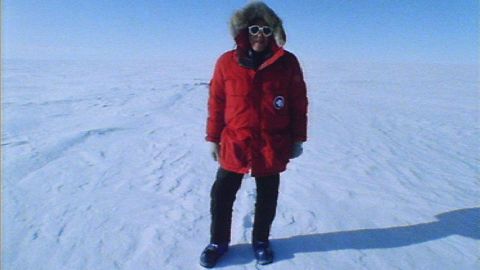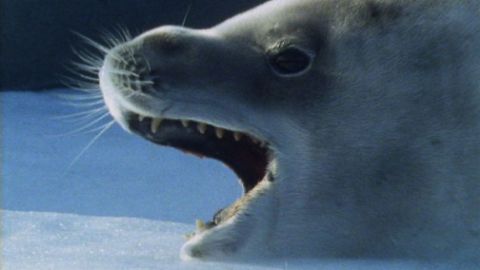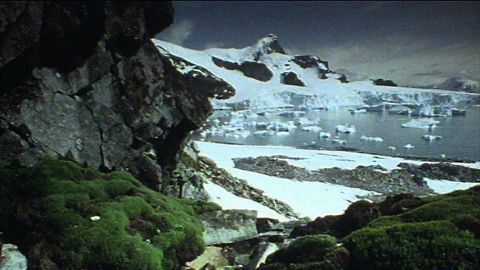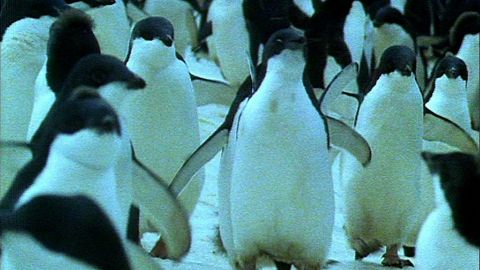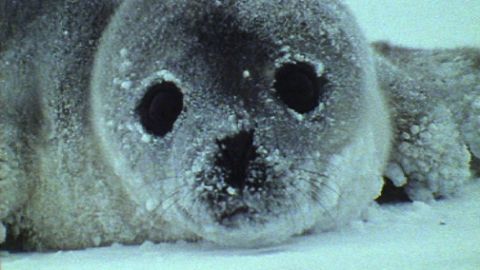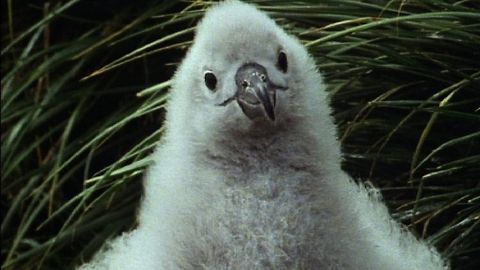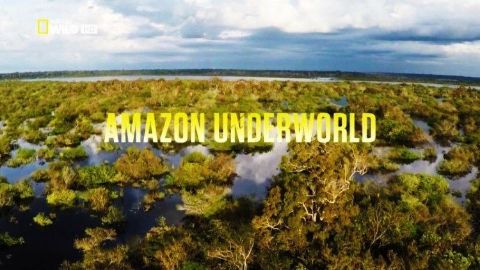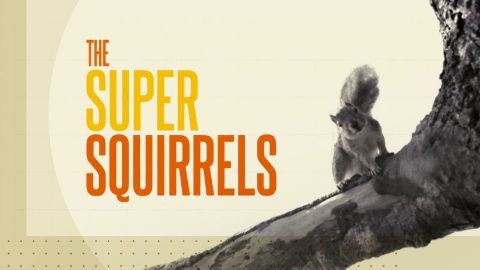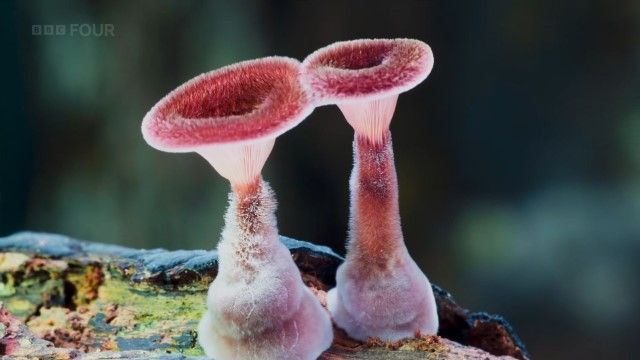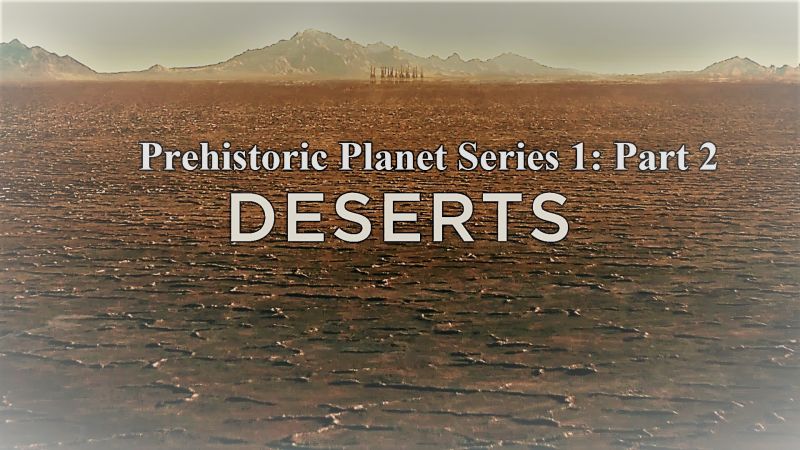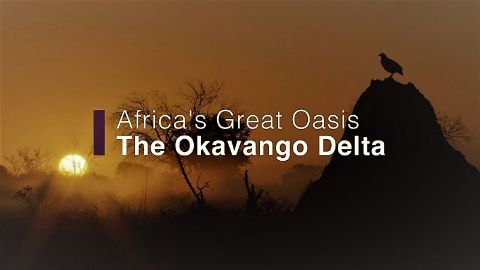The Door Closes • 2003 • episode "S1E4" • Life in the Freezer
This episode describes the migration of most animals northwards (some from the Antarctic continent, others from the few islands surrounding it) as the continent and surrounding sea freeze over at the end of summer. It shows how young penguins often fall prey to Leopard Seals as they try to make their way across the already partially frozen water and how their stripped remains become food for isopods and meter-long nemerteans (ribbon worms). Before going to the sea, however, the adult penguins must shed their coats (molting).
Make a donation
Buy a brother a hot coffee? Or a cold beer?
Hope you're finding these documentaries fascinating and eye-opening. It's just me, working hard behind the scenes to bring you this enriching content.
Running and maintaining a website like this takes time and resources. That's why I'm reaching out to you. If you appreciate what I do and would like to support my efforts, would you consider "buying me a coffee"?
Donation addresses
BTC: bc1q8ldskxh4x9qnddhcrgcun8rtvddeldm2a07r2v
ETH: 0x5CCAAA1afc5c5D814129d99277dDb5A979672116
With your donation through , you can show your appreciation and help me keep this project going. Every contribution, no matter how small, makes a significant impact. It goes directly towards covering server costs.
